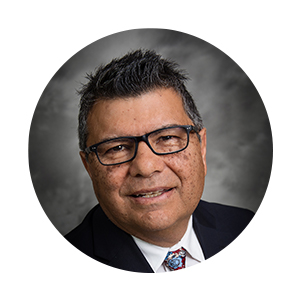"Nice to meet you Doctor, I’ll be needing a refill on my oxycodone pills." These words from a patient can bring on one of the greatest challenges of patient care in this day and age. So, how do we treat pain and keep patients safe?
I’ve Taken Opiates for Years. Should I Be Worried?
Many patients with pain are treated with opioid medications. Even when taken as prescribed, opiates can cause harm and even death. The United States is now entering its third decade of the opiate epidemic with 130 Americans dying every day from accidental overdose.
The Opioid Epidemic
Almost everyone knows a family member or friend who has been affected by the opioid crises. Some evidence shows that heroin use has increased as more people become addicted from prescription opiates.
Reasons for This Increase:
- Pharmaceutical companies over sell and underestimation of dependence/addiction to opiates
- Emphasis on pain control by accreditation agencies
- Patient expectations
- Little or no training on opiate therapy for primary care providers who are responsible for 70% of opiate prescriptions
How Can We Combat the Opioid Overdose Epidemic?
- Patient Education: Learn about opiates
- Creation of prescription databases: Help providers keep track of prescriptions
- State regulations to promote safe prescribing
- Use guidelines for the treatment of pain
How Are Providers Treating Pain?
The Center for Disease Control (CDC) has published guidelines for providers who treat pain.
- Your provider should consider non-opiate alternatives as the first choice for the treatment of pain.
- If your provider determines that opiates are needed, start with safer and lower intensity medications. Short courses are the safest. Some patients can become dependent on opiates as soon as 4 to 5 days. If chronic opiates are needed, you and your provider should establish goals and desired outcomes. A controlled substance contract, a document that outlines patient expectations, should be done.
- Your provider should make you aware of the potential harms of opiate use and misuse. Some patients with other medical problems, such as sleep apnea, probably should not use opiate therapy due to the risk of respiratory depression, a side effect of opiates. If a patient has history of overdose, intentional or accidental, opiates should not be prescribed.
- Your provider should check the Prescription Monitoring program database on a regular basis to check for prescriptions from other providers. Taking additional opiate medications prescribed by others can be harmful. Taking Valium type medications with opiates can greatly increase the risk for accidental overdose.
- Your provider should be checking urine drug screens on a regular schedule. Using street drugs, such as methamphetamines, can be deadly.
- Your provider should be aware of safer dosages of opiate therapy. Opiates, such as Fentanyl, are much more powerful than tramadol. Calculators are available to help your provider convert dosage of opiate medications to a standard called the morphine milligram equivalent or MME. A dose of 100 mg MME a day increases the risk of accidental overdose approximately ninefold. Research shows that dosages less than 50 mg MME are much safer. If you are taking opiate dosages greater than 100 mg MME, your provider might work with you to lower the dosage and your risk for accidental overdose. Remember that any dosage of opiate medications can be dangerous.
- If you are taking opiates, your provider should also prescribe an antidote, naloxone, which can be administered by others in the event of accidental overdose.
Don’t become a statistic. Learn more at www.cdc.gov/drugoverdose.
Talk with your Primary Care Provider for more info!





